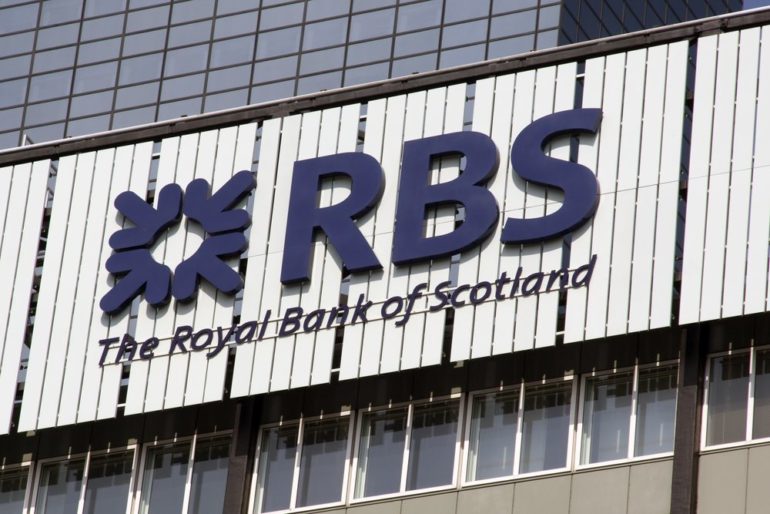
The city watchdog published a summary of a report it commissioned on Royal Bank of Scotland’s controversial Global Restructuring Group (GRG unit) after weeks of political pressure on the regulator to disclose its findings.
The summary report published by the Financial Conduct Authority identified several faults including ” a failure to support SME businesses” and ” a failure by RBS to adopt adequate procedures concerning the relationship with customers”, amongst much more.
The FCA report makes no mention of criminality and no reference to police forces around the UK.
Police Scotland is currently examining three reports it has received regarding RBS and its treatment of business customers that were placed into the Global Restructuring Group (GRG unit). The police complaints, are understood to have come from Scottish businesses in construction, music and hospitality industries. RBS said it did not know the details of the inquiries but it was co-operating with Police Scotland.
The BBC has also obtained a memo written by a GRG employee which appears to show staff were encouraged to extract money from struggling firms. The bank said the language in the leaked memo written in 2009 by a junior GRG manager who has now left the company – was “wholly inappropriate”.
MP’s have threatened to force the Financial Conduct Authority (FCA) to disclose the report into the treatment of Royal Bank of Scotland’s Global Restructuring Group customers. Nicky Morgan, chair of the Treasury Committee has demanded “maximum transparency” on the FCA’s report into RBS’s GRG unit, which is accused of having “artificially distressed” otherwise viable firms.
Last month, Nicky Morgan, wrote to Andrew Bailey, chief executive of FCA, to urge the watchdog to publish the leaked report into the treatment of the customers in RBS’s GRG unit. Following, FCA’s refusal to publish the report, Mrs Morgan has now written again to Mr Bailey to propose that the committee appoints a legal adviser, Andrew Green QC to verify that the FCA’s summary report reflects the actual report findings.
The 361-page report into GRG was leaked to the BBC, which reported that 92 percent of viable businesses put into GRG were mistreated in some way, through policy or procedural breaches, the FCA has found.
RBS launched a compensation scheme in response to the long-running scandal over alleged mistreatment of customers. In 2014, the FCA investigated into this scandal and said GRG customers included those in the Specialised Relationship Management Unit or SRM, according to a document released by the FCA.
SRM customers were also included in the FCA’s official definition of GRG customers. However, RBS’s own definition of GRG customers for the scheme includes only a small part of SRM customers
The FCA said, that while it approved the concept of the compensation scheme as appropriate, it was up to the bank to determine which customers qualified.
The compensation scheme is supposed to be an automatic process, refunding complex fees. RBS has set aside £400m to compensate GRG customers and said that nearly 3500 customers would be refunded complex fees. So far, the bank has made offers just over £100m. However, as with the FCA IRHP Review that Vedanta Hedging instigated in 2012, we can help ensure that SMEs make their written submissions in a way that will ensure the Bank will provide maximum redress (where appropriate).
Vedanta Hedging has advised many businesses who have forced to enter the GRG unit, due to mis-sold interest rate swaps. In recent news, RBS settled a swap/GRG claim worth £669m against our client, Opal Properties, Manchester’s largest student accommodation provider.
To learn more, please watch our webinar on the GRG scandal and mis-sold interest rate swaps